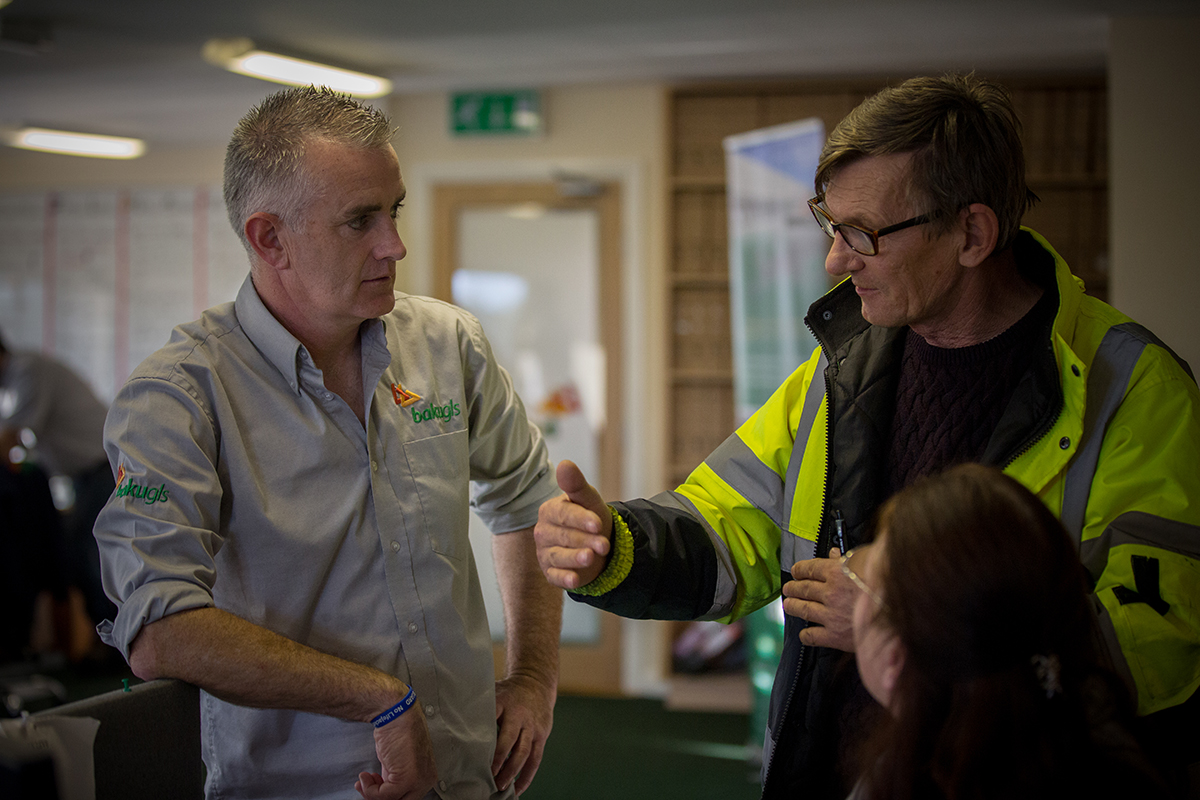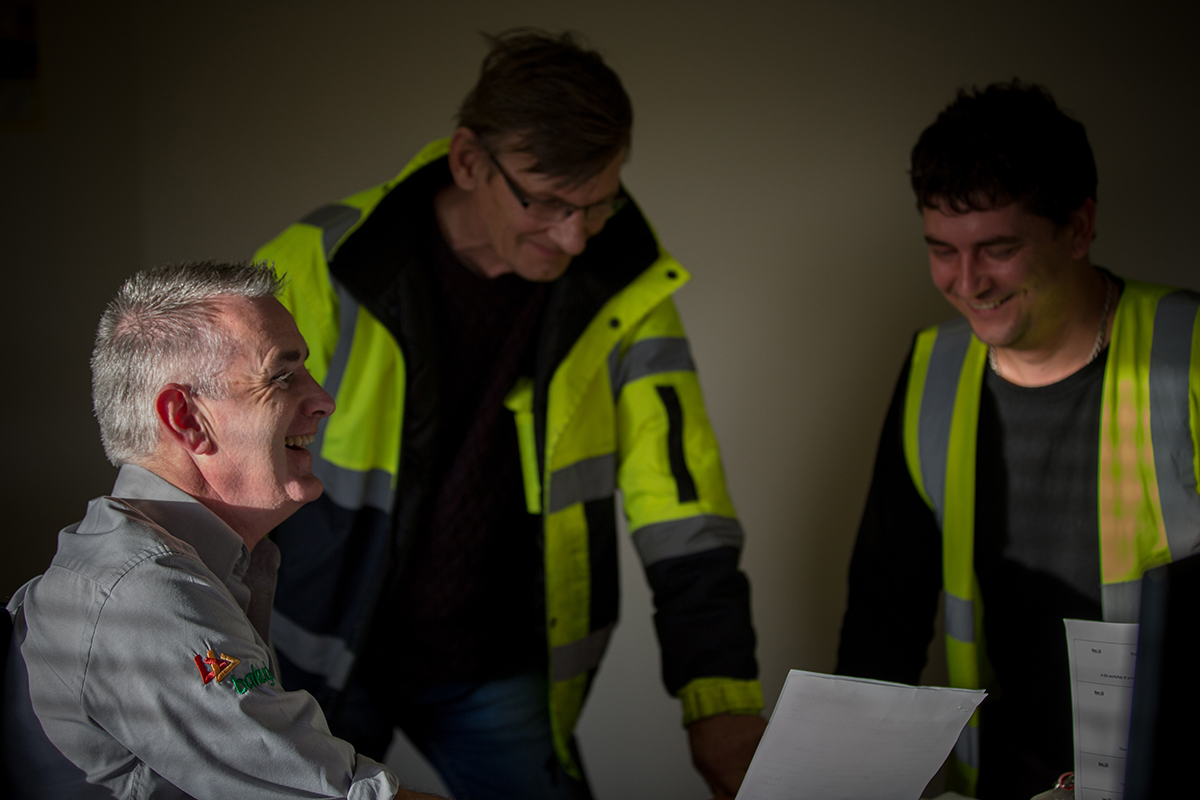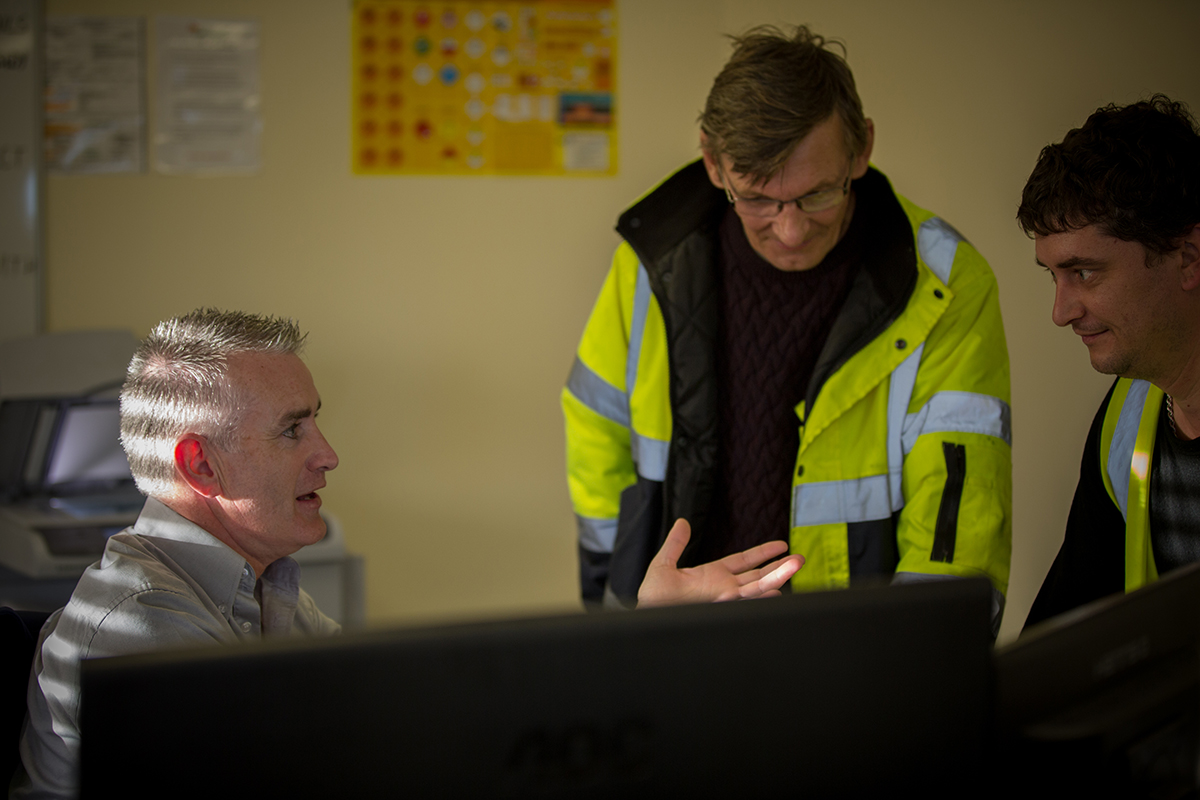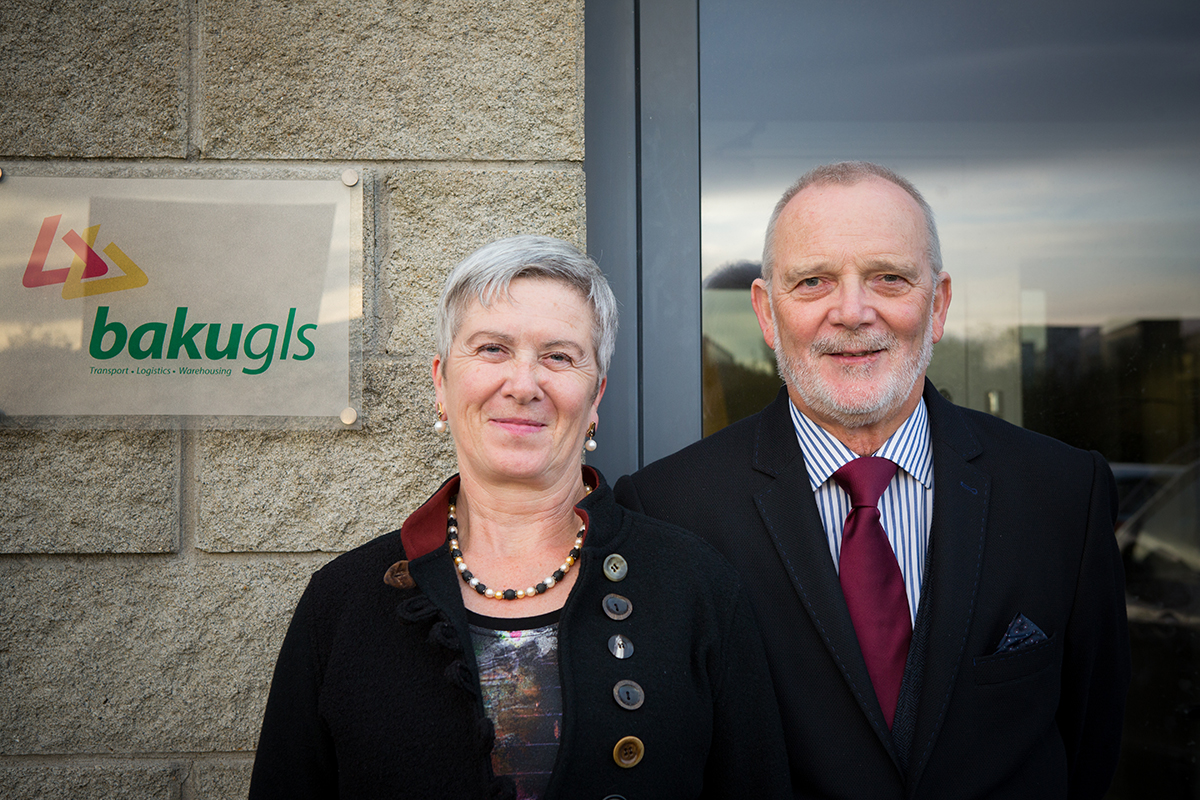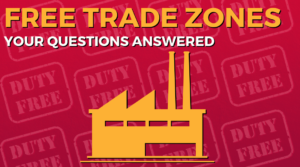
Free Trade Zones are customs-approved sites that offer tax breaks and exemptions to strategically-important businesses … but how do they work?
In this beginner’s guide to Free Trade Zones, we’ll explain how these special economic zones work and why they exist. We’ll talk you through some of the pros and cons of running a business in a Free Zone, too!
Free Trade Zones: What Are They?
A Free Trade Zone is an area of land, usually in or near a port, where a country’s normal customs rules don’t apply. Businesses that operate within Free Zones can import, process and then re-export their goods without paying the same customs taxes, or dealing with the same customs restrictions, that they would face if they were based anywhere else in the country. In some free zones, corporation tax rates are 0%, and there are often lucrative subsidies and grants available for the right types of businesses.
Free Zones and Free Ports are usually set up by governments who want to bring new business investment into an area. By offering tax breaks and incentives to companies who set up inside a free zone, the government can attract Foreign Direct Investment (FDI) from all over the globe, boost local employment figures and raise the country’s profile on the international stage.
Free Zone Rules
Any tax breaks, like the ones on offer in a Free Trade Zone, cause the Exchequer to lose out on revenue. There’s also a risk that a Free Zone could create unfair competition between EU member states. With this in mind, the EU has some strict rules that cover how Free Zones must operate.
Under Article 243 of the Union Customs Code, all Free Zones need to be fully fenced off and policed by the member state’s customs authorities. Every business trading inside a Free Zone needs to be approved by customs first. What’s more, any business activities, and any building work, that takes place inside a Free Zone needs to be approved by Customs, too.
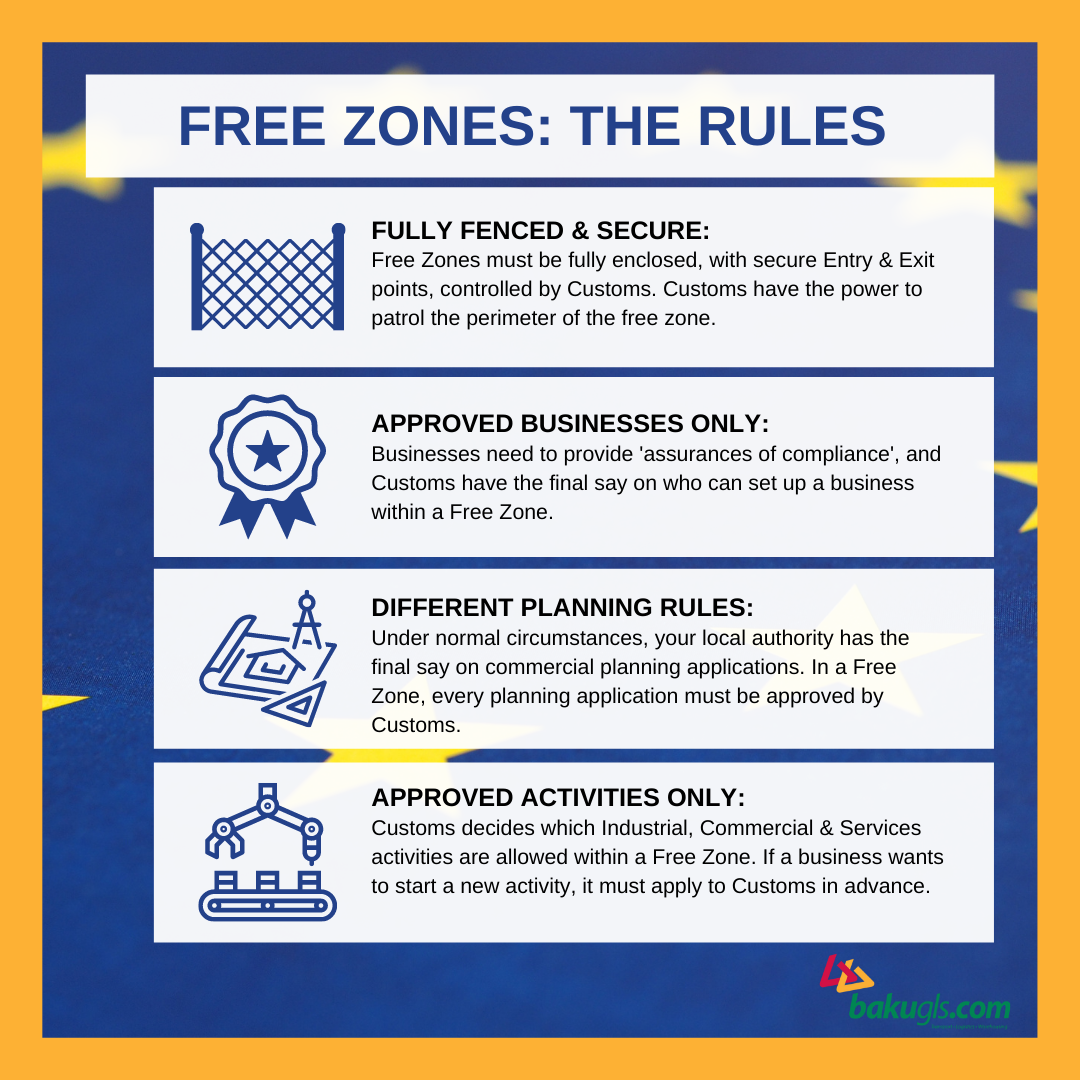
For some businesses, the added burden of going through tight security every day and getting prior approval for major business decisions just isn’t worth the hassle … but for certain strategically-important types of business, the tax breaks make it a no-brainer to set up in a Free Trade Zone.
Who Are Free Zones For?
Free Zones work especially well for manufacturing businesses with complex global supply chains. For instance, factories in free ports can import their raw materials, make goods and then ship those goods out to international buyers … all without having to pay hefty import and export taxes at every stage of the journey.
A lot of import/export and logistics businesses will base themselves inside free zones, and it’s a popular choice for certain types of STEM and services business, too. It all depends on the tax breaks and incentives that are out there, and the strategic goals of the free zone itself, but as a rule if your business imports, exports and/or makes a lot of goods, it could be worth looking into.
Who Invented Free Zones?
Tax-free trade zones have existed in one shape or another for thousands of years, but the modern free zone is really an Irish invention. Shannon Free Zone was the first free trade zone of its kind, and it set the standard for almost all free zones in existence today.
In 1959, airplane technology had improved, and transatlantic flights no longer needed to land at Shannon Airport to refuel. The airport was a big employer in the West of Ireland, so with a lot of jobs at risk, the Irish government created the Shannon Free Zone, offering strategic tax breaks (0% duty and 0% corporation tax) and other incentives to big businesses willing to base themselves in the airport’s 600-acre estate.
Over the past half-century, Shannon Free Zone has drawn countless top-tier global enterprises into Ireland (Element Six, Starbucks, Intel and Jaguar Land Rover, to name a few). In fact, the Shannon Free Zone project was such a success that today, more than 5,000 free trade zones across the world operate under the same basic model as the one pioneered in Shannon. Today, in the EU alone, more than 80 free zones are in operation across the EU (source), and the UK plan to open at least 10 new free zones in the next few years (source). Closer to home, just a few miles away from our Rosslare Headquarters, there are plans to create a Free Zone right beside Rosslare Europort.
Free Trade Zones: Pros and Cons
Free zones are a lifeline for some industries, but there are good reasons why only a handful of them exist in the EU. There are some very clear positives and negatives to Free Trade Zones:
Employment & Prosperity
As a rule, the businesses that set up inside a Free Trade Zone will employ a lot of local people. This helps boost prosperity and economic stability — just like it did in the Shannon area. It also means that — while the tax man isn’t collecting a lot of customs duty — a Free Zone can still help fund the state through income taxes.
Agglomeration Effects
Many Free Trade Zones will focus on attracting one specific type of business. By building up a cluster of businesses in one specific industry, a Free Zone can become a global centre of excellence, producing greater innovation, more competitive businesses and a more highly-skilled specialist workforce. This kind of ‘cluster effect’ is especially useful in Ireland, where the workforce is highly educated (in fact, Ireland has the fourth highest educational attainment levels in the world, according to the OECD).
Costs and Paperwork
Free Zones are a double-edged sword when it comes to customs costs. On the one hand, there are major tax breaks on offer, which can keep operating costs low. On the other hand, all goods coming in and out of a free zone usually have to make some sort of customs declaration. This means that, while there may be a tax saving, the administrative costs can be significantly higher for businesses based in Free Zones.
Expiry Dates
Tax breaks don’t last forever! The customs and corporation tax reliefs available in Free Zones are usually granted for a set number of years. The risk of these expiry dates is that companies who moved in to avail of the tax breaks may move out when those tax breaks come to an end.
Rosslare Free Port Plans
It’s an interesting time for Free Zones! Thanks to Brexit, we can expect to see a number of brand new Free Zones and Free Ports popping up across the EU and the UK in the coming years. Rosslare Europort is expected to become a Free Port for the wind energy sector in the next few years, which we’re particularly excited about here at Baku GLS. We’re watching government announcements closely and look forward to telling you more about this very soon!
We hope this guide has given you a good overview of what Free Zones are, and how they might benefit your business. If you want to learn more about how Free Zones could impact Irish business in the near future, the Oireachtas website has produced a detailed overview which is well worth a read. Download a copy here.
In the meantime, if you have any customs-related questions, please don’t hesitate to ask!




